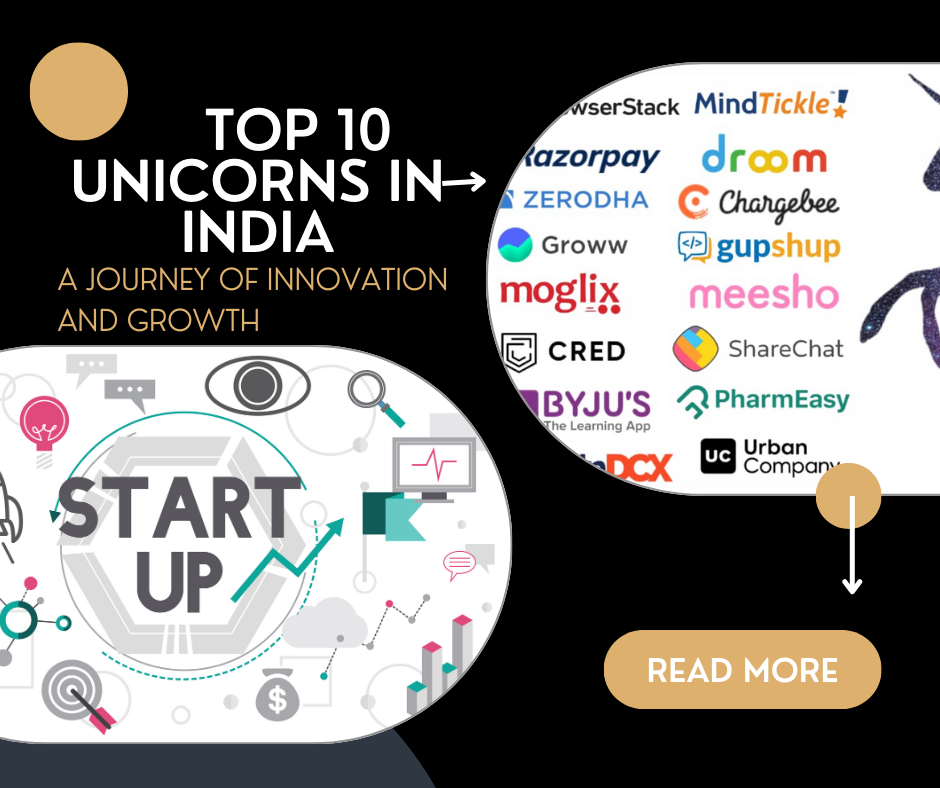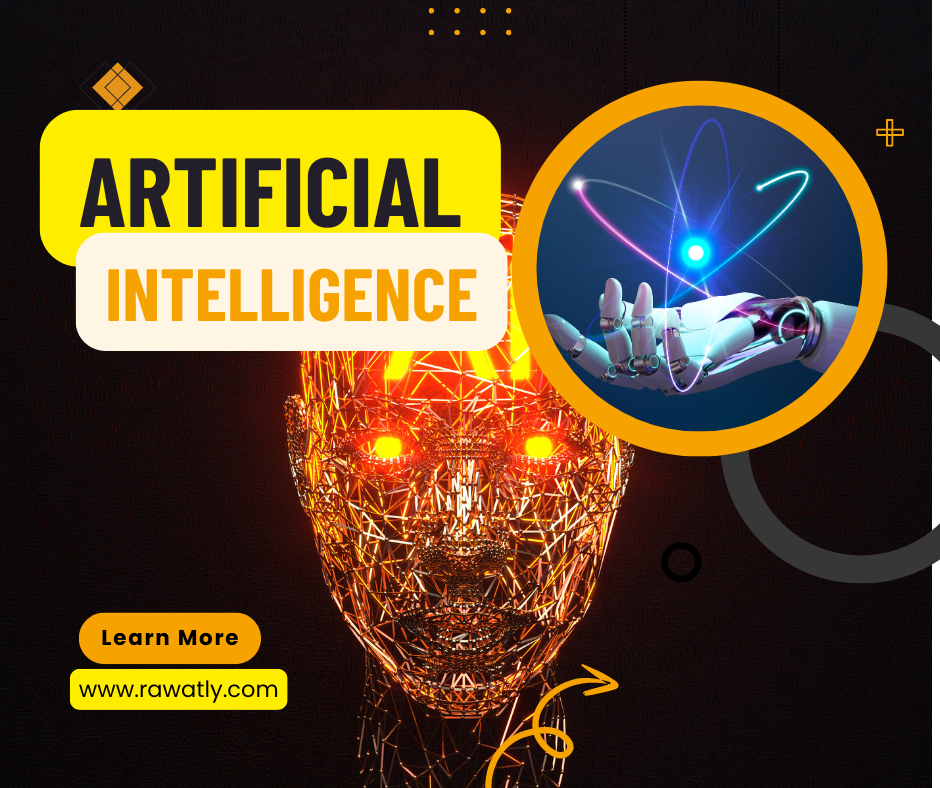
In a strategic move to expand its reach and capabilities, WhatsApp, the world’s largest messaging platform, has announced a partnership with Meta (formerly Facebook) to integrate the tech giant’s advanced AI chatbot technology into its platform. This integration will initially bring AI-powered chatbots to WhatsApp in Hindi, with plans to expand to several other regional languages in the coming months.
The integration of Meta’s AI chatbot technology is a significant development for WhatsApp, which has long been primarily focused on person-to-person messaging. By leveraging the power of artificial intelligence, WhatsApp now aims to provide users with a more intuitive and versatile platform that can handle a wider range of tasks and queries.
One of the key drivers behind this move is WhatsApp’s desire to better serve its massive user base in India, where the platform has been particularly dominant. With over 400 million users in the country, India represents a critical market for WhatsApp’s growth and user engagement. By introducing AI chatbots in Hindi, the platform hopes to tap into the needs and preferences of millions of users who may not be as comfortable with English-language interfaces.
India is a key market for WhatsApp, and we recognize the importance of providing our users with tools and services that cater to their linguistic and cultural preferences,” said Will Cathcart, the Global Head of WhatsApp. “The integration of Meta’s AI chatbot technology will allow us to deliver a more personalized and efficient user experience, especially for our Hindi-speaking audience.
The AI chatbots will be capable of engaging in natural language conversations, answering queries, and assisting users with a variety of tasks, ranging from information lookup and task scheduling to customer service and even e-commerce transactions. The chatbots will leverage Meta’s advanced language models, which have been trained on vast amounts of data to understand and generate human-like responses in multiple languages.
We are excited to partner with WhatsApp to bring the power of our AI chatbot technology to millions of users around the world,” said Yann LeCun, Chief AI Scientist at Meta. “Our goal is to empower people with intelligent, multilingual assistants that can seamlessly integrate into the platforms and apps they use every day.
One of the key features of the AI chatbots on WhatsApp will be their ability to understand and respond to colloquial and regional variations of Hindi, as well as other regional languages that will be added in the future. This is a crucial aspect, as users in India often rely on informal and localized language patterns when communicating through messaging apps.
The integration of AI chatbots will be a game-changer for WhatsApp users in India, as it will allow them to interact with the platform in a more natural and intuitive way,” said Neha Sharma, a technology analyst at a leading research firm. “By catering to the linguistic preferences of users, WhatsApp can deepen its engagement and better serve the needs of its vast user base.
In addition to the linguistic capabilities, the AI chatbots will also be equipped with advanced functionalities that can help users with a wide range of tasks. From checking the weather and sports scores to booking appointments and making purchases, the chatbots will be able to handle a variety of user queries and requests.
“The integration of AI chatbots is a strategic move by WhatsApp to expand its utility beyond just messaging,” said Aditya Chopra, a technology consultant. “By offering a more versatile and intelligent platform, WhatsApp can enhance its value proposition and better compete with other messaging and super-app players in the market.”
The rollout of the AI chatbot integration on WhatsApp will be a phased process, with the Hindi-language version launching first in India, followed by expansions to other regional languages and markets. The company has stated that it will closely monitor user feedback and continuously refine the chatbot’s capabilities to ensure a seamless and satisfactory user experience.
As WhatsApp embraces this new AI-powered era, it faces the challenge of ensuring the chatbots maintain the platform’s renowned focus on privacy and security. The company has assured users that the integration of the AI chatbots will adhere to the same strict data protection and encryption protocols that have made WhatsApp a trusted messaging platform.
“Privacy and security have always been at the core of WhatsApp’s ethos, and we will ensure that the integration of AI chatbots does not compromise these fundamental principles,” said Will Cathcart. “Our users can rest assured that their personal information and conversations will remain secure and protected.”
WhatsApp Developing New “Offline File Sharing” Feature to Rival Apple’s AirDrop
The integration of Meta’s AI chatbot technology on WhatsApp represents a significant milestone in the platform’s evolution, as it seeks to become a more comprehensive and versatile digital tool for its users. By catering to the linguistic and cultural preferences of its vast user base, particularly in India, WhatsApp aims to solidify its position as the dominant messaging app and expand its ecosystem of services and functionalities.
As the world continues to embrace the power of artificial intelligence, the partnership between WhatsApp and Meta promises to bring new levels of convenience, efficiency, and user engagement to the messaging platform’s millions of users across the globe.






























